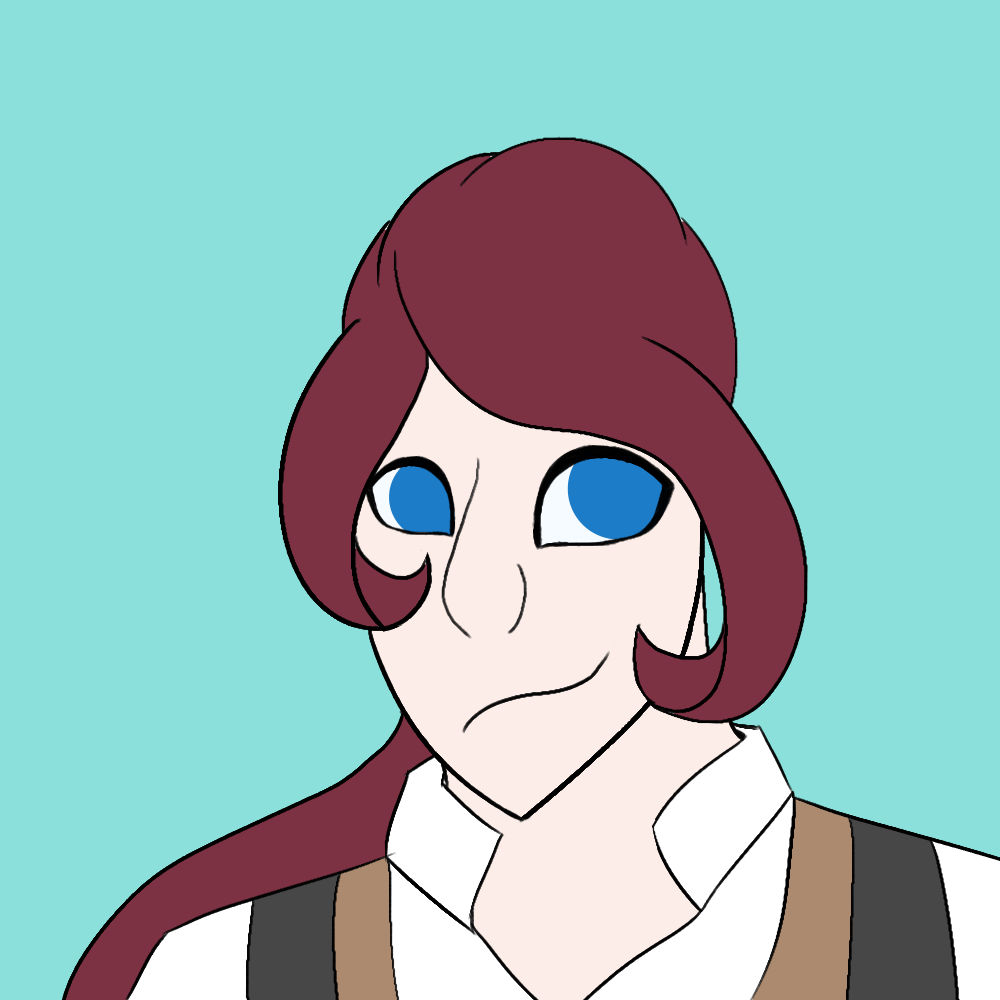Remove these ads. Join the Worldbuilders Guild
Lands under the endless palace
A fantasy world going through the period close to the late Middle Ages, inhabited by humans as well as some other kinds os being struggling to live together. Since the children of the underground gods resisted against their parents to take over their lands instead of them, the world has been a battleground for warring divinities that never stop trying to get as many folks and races as they can under their control while the undead servants of old gods and survived mages do everything they can to prevent a total collapse and open the way for the old gods, who had been locked in foggy halls of the Endless palace, to enter their lands. However, the peoples of the world have their own struggles and purposes. In lands surrounding the Bilogonor sea, the former heart of the gods’ realm, empires rise, watched by the eyes of the last mages, who rebelled against their masters, and the last of undead. Some of the mightiest countries sorrounding the sea, united under the power of the Council of the Blissful north, are faced with various threats from young kingdoms growing, unknown militant tribes invading and the internal forces fighting with each other. The culture of various states of the Bilogonor is mostly based on various mixtures of medieval west-European, Nordic and Slavic, medieval Middle East and ancient Mediterranean cultures. The mythology of the world, however, isn’t precisely reflecting any kind of existing mythologies, although it uses some elements of them.
Some words about the spelling of names and titles: English isn't my first language and all the names were originally in the Cyrillic alphabet, so I the English writing system gave me both more and less opportunities to show the way I wanted the names to be pronounce and it was a bit of a sruggle to come up with an appropriate romanization. Here are some points I need to mention: in any name (unless it’s in English), "ch" represents the strong "hh" sound (liken in German "machen", for example), the "tʃ" sound, like in "chair", is represented with "tch", and "dh" represents the "ð", like in "the".








